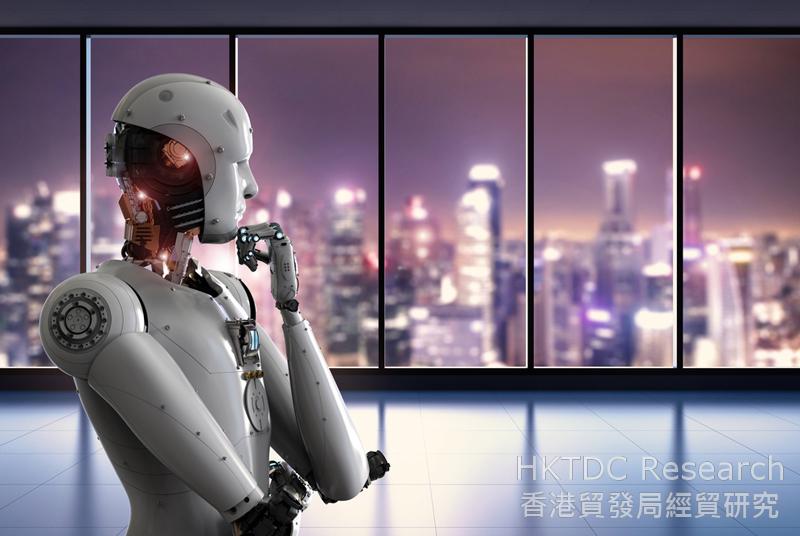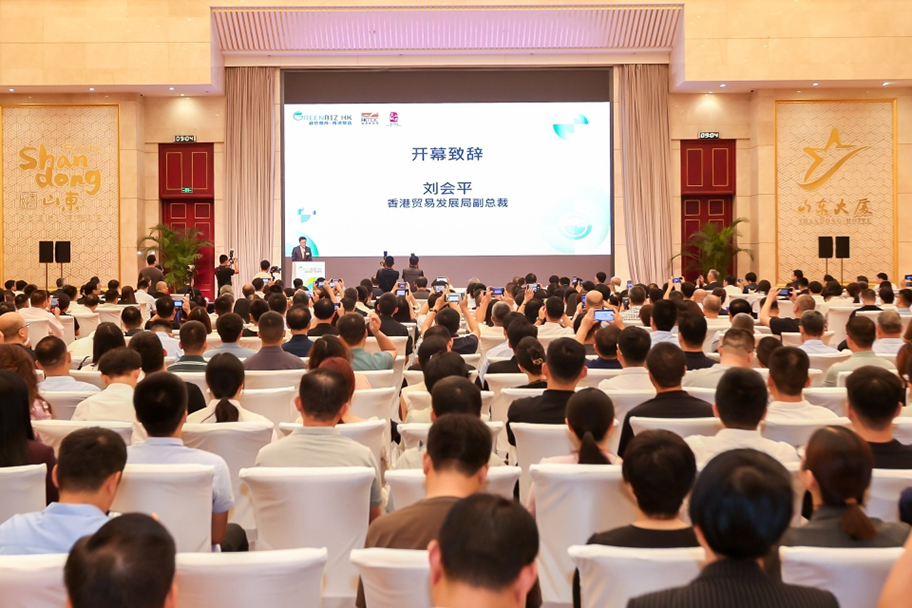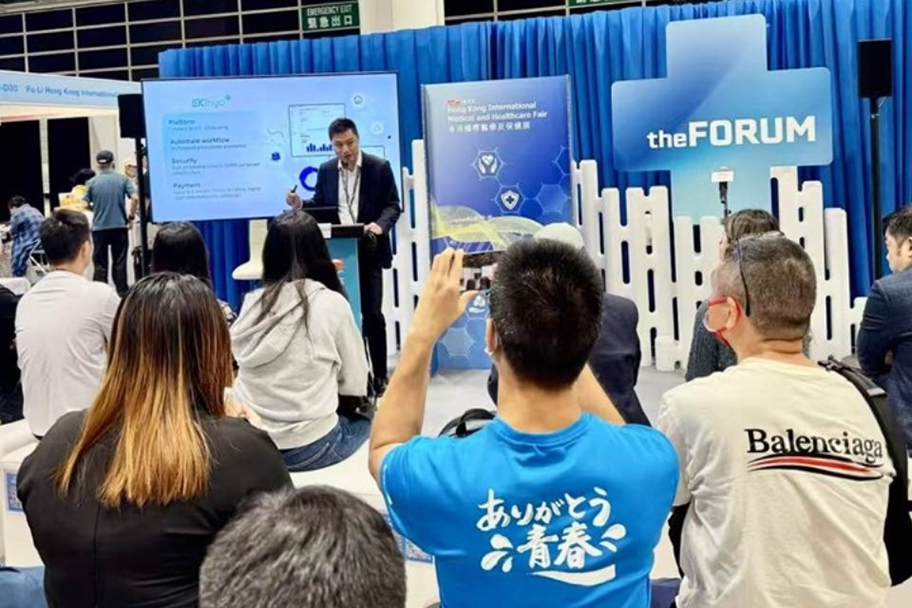AI Industrial Park MoU Marks Malaysia's Renewed BRI Commitment
Joint signing by Malaysian and Chinese businesses follows reactivation of two suspended BRI projects.

Malaysia is to get its first dedicated artificial intelligence (AI) industrial park. As part of a deal agreed at the recent Beijing-hosted Second Belt and Road Forum for International Cooperation, G3 Global Bhd, the Selangor-based business that is one of Malaysia's lead AI developers, signed a memorandum of understanding (MoU) with Hong Kong's SenseTime Group, a fellow AI developer, and the China Harbour Engineering Company (CHEC), a Beijing-headquartered civil engineering contractor, with a view to delivering on the project within the next five years.
With an estimated build cost of US$1 billion, it is hoped the completed park will rapidly establish itself as one of Asia's leading AI development platforms across a range of related disciplines, including computer vision, speech recognition, synthetic language development and humanoid robotics. It will also become a training hub, with a particular focus on AI and machine-learning skills.
Speaking after the signing of the MoU, a spokesperson for SenseTime said: "Ultimately, we envisage the park as becoming the regional epicentre for the development of technology and talent, data management and R&D in the AI field, as well as a self-sustaining commercial ecosystem."
Although full details of the project and its financing are yet to be released, it is believed that G3 Global's primary role within the consortium will be co-ordinating the overall development of the park. SenseTime, meanwhile, will be tasked with the implementation of the required supercomputing and AI systems, while also having a watching brief over the development of the park's technology training resources. This will leave CHEC to manage all the infrastructure requirements.
The move is very much aligned with Malaysia's long-term objective to establish itself as one of Asia's leading digital economies, a somewhat lofty aspiration given it is widely perceived as lagging behind neighbouring countries in terms of its current level of AI adoption. Indeed, a recent study jointly conducted by Microsoft and IDC Asia Pacific, a Singapore-headquartered technology-research consultancy, indicated that Malaysia is far from AI-ready and needs to step up its related data management and investment programmes.
In addition to providing a robust framework for the development of the park, the signing of the MoU has also been seen as a clear indication of Malaysia's willingness to once again become an active participant in the delivery of the overall objectives of the BRI, with the attendance of Mahathir Mohamad, the Malaysian Prime Minister, at the Beijing Forum giving added weight to that perception. This follows a period when a change of government saw many of Malaysia's BRI-related projects put on hold while the incoming administration reassessed their viability and reviewed the level of external debt the country was incurring.
The first signs that the Malaysian government was happy to return to the BRI party came in the immediate run-up to the Forum. First it was announced that China had agreed to reduce the fee structure related to the East Coast Rail Link project – a 640km train line connecting a number of Malaysia's key industrial zones with Port Klang, the country's largest maritime logistics hub – from MYR65.5 billion (US$15.6 billion) to MYR44 billion.
Days later, a second announcement broke the news that work would be recommencing on the construction of Bandar Malaysia, a 486-acre integrated property development. Once completed, this will comprise 10,000 affordable housing units and a people's park. As part of the revised deal that revived the project, a higher percentage of local workers are to be involved in its construction, while the use of domestically sourced materials is also to be prioritised.
Geoff de Freitas, Special Correspondent, Kuala Lumpur





